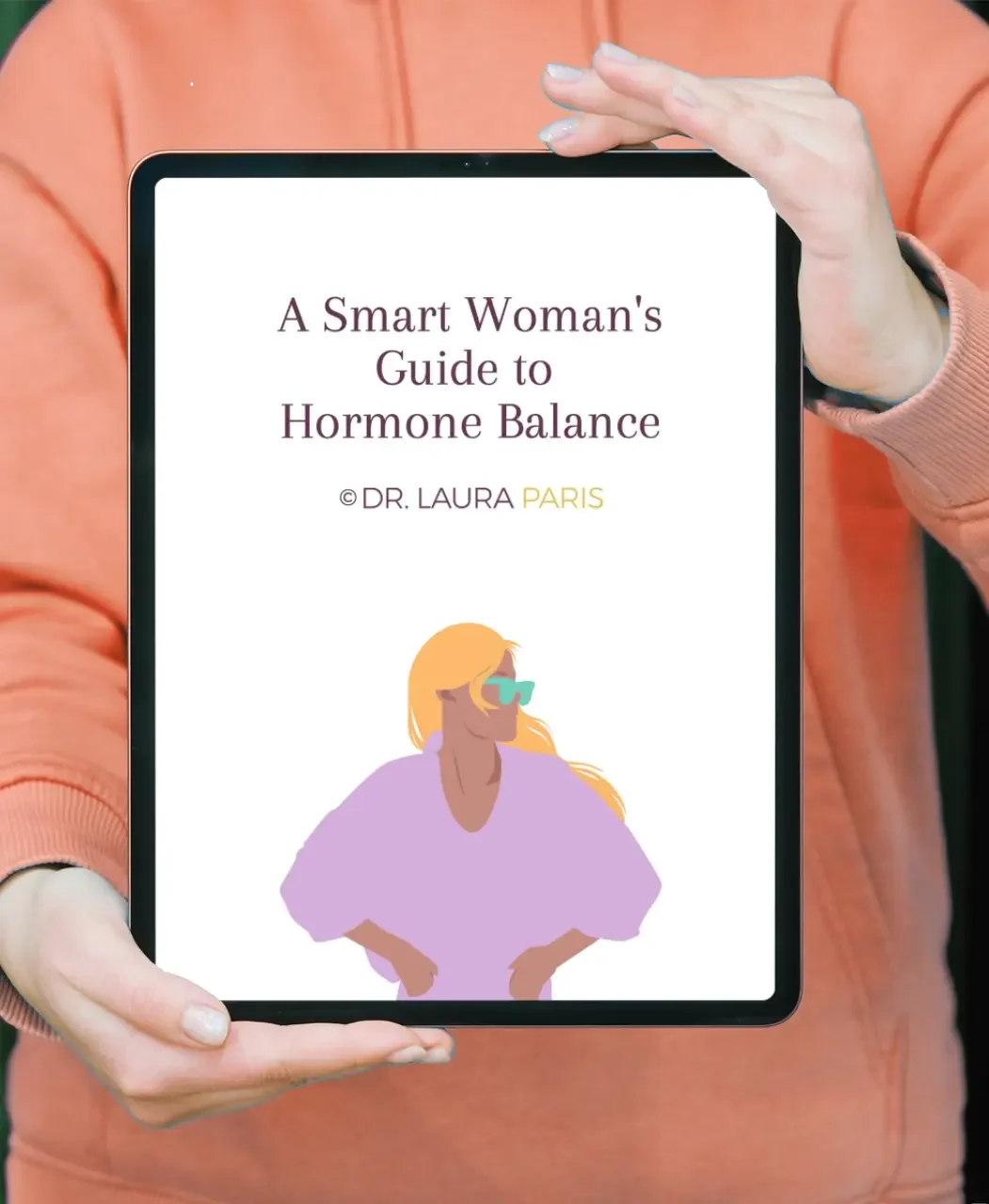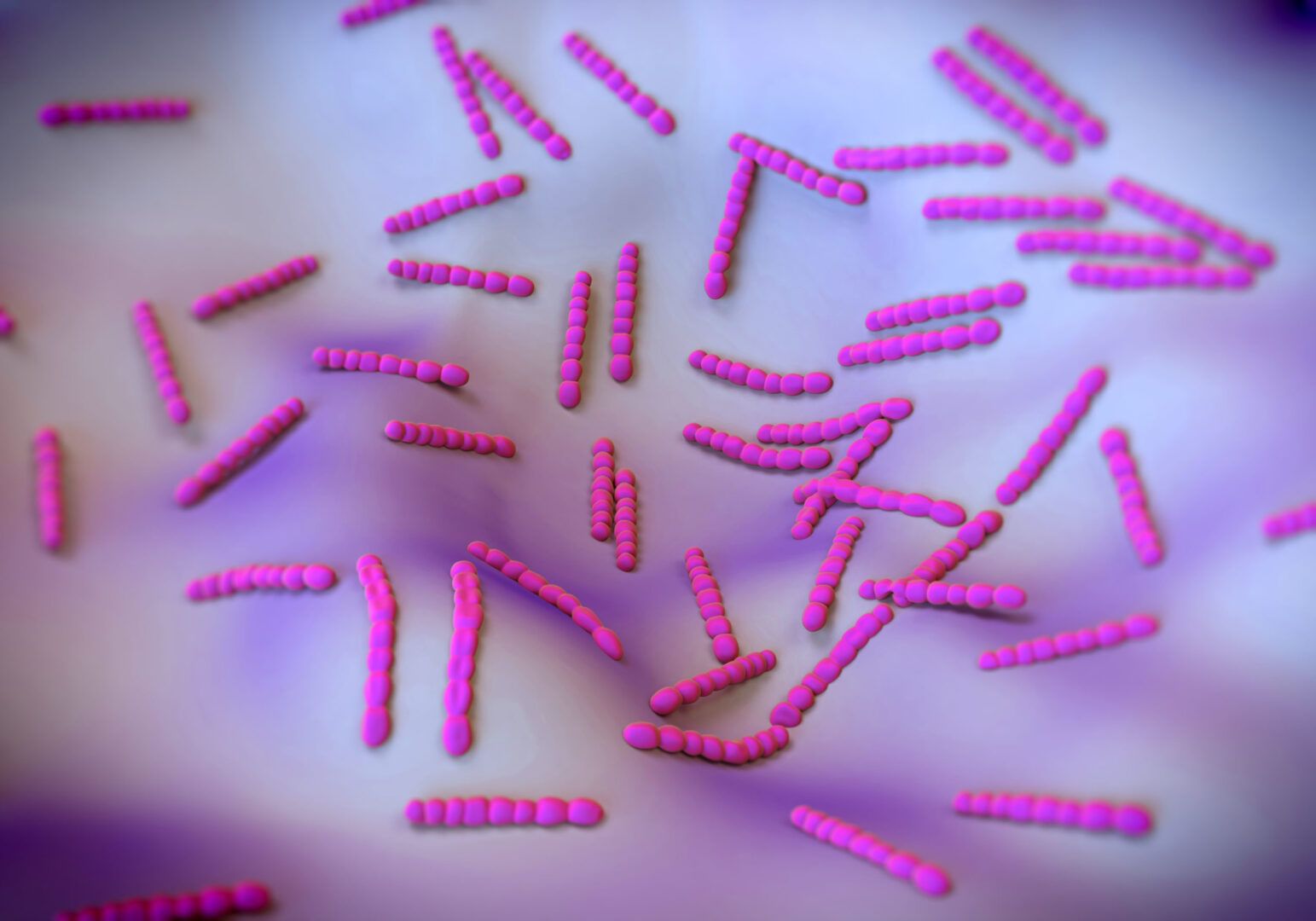
Are you ready to take charge of your health?I help women achieve vibrant health through all phases of life with a personalized, holistic approach.
SIGN UP FOR MY NEWSLETTER AND GET YOUR FREE GIFT:
A SMART WOMAN'S GUIDE TO HORMONE BALANCE

SIGN UP FOR MY NEWSLETTER AND GET YOUR FREE GIFT:
A SMART WOMAN'S GUIDE TO HORMONE BALANCE

As we dive into the topic of preventing Group B Strep (GBS) in pregnancy, let’s focus on the often-overlooked vaginal microbiome. Just as we value a healthy gut microbiome, the vaginal microbiome plays a vital role in pregnancy. If you’re expecting or trying to conceive, this guide will help you prevent or potentially reverse a Group B Strep positive test naturally.

Group B Streptococcus (GBS) “colonization” is common, affecting about 1 in 3-4 pregnant women. GBS is a normal bacterium often found in small amounts in the gut, bladder, or vagina, but it becomes concerning when it overgrows during pregnancy. Babies exposed to GBS at birth face a 50% chance of contracting it, which in severe cases can lead to meningitis, sepsis, pneumonia, or stillbirth.
In the U.S. and Canada, women who test positive for GBS between 35-37 weeks of pregnancy are typically recommended IV antibiotics during labor, reducing the risk of their baby contracting GBS to 1 in 4,000
While antibiotics effectively lower GBS-related risks, many women weigh the potential downsides:
Antibiotics alter the bacterial seeding your baby receives during birth. Short-term studies show that babies exposed to antibiotics during labor have fewer beneficial bacteria and more undesirable strains initially, potentially delaying their optimal microbiota development.
Long-term effects of antibiotics on your baby’s microbiota are still unknown. Some studies suggest that children born via C-section, which also disrupts the microbiota, may have higher risks of allergies, asthma, and autoimmune issues. While these findings don’t directly translate to GBS-related antibiotics, it’s reasonable to consider minimizing antibiotics when possible to support your baby’s healthy microbiome development.
Optimizing your vaginal microbiome before and during pregnancy is the best strategy to avoid a GBS-positive test and reduce the need for antibiotics.
Even if antibiotics become necessary, you can support your baby’s microbiome through:
Preventing Group B Strep naturally by supporting a healthy vaginal microbiome is a powerful strategy for moms-to-be. By prioritizing a balanced microbiome, you can help reduce the need for antibiotics and support your baby’s long-term health. If you need more personalized guidance, contact us, we’d love to help.

Dr. Laura Paris is a women’s health specialist who provides Acupuncture and Functional Medicine care at her two clinics in Capitola and Monterey, California. She also works with women remotely in the United States through telehealth appointments. Learn more about Laura here, and message her directly here.
Click the button to talk to Dr Laura on a 20-minute discovery phone call ($67)
You must be logged in to post a comment.
I’m not pregnant but battling group b strep. It’s been 4 months now and has gotten me SO down. I’ve had pretty bad symptoms and been tested twice now. Any additional tips? I will do anything at this point!
I am so sorry! You can book an appointment for medical advice if you wish to.
Did you get it figured out? I’m dealing with this now. Also not pregnant.